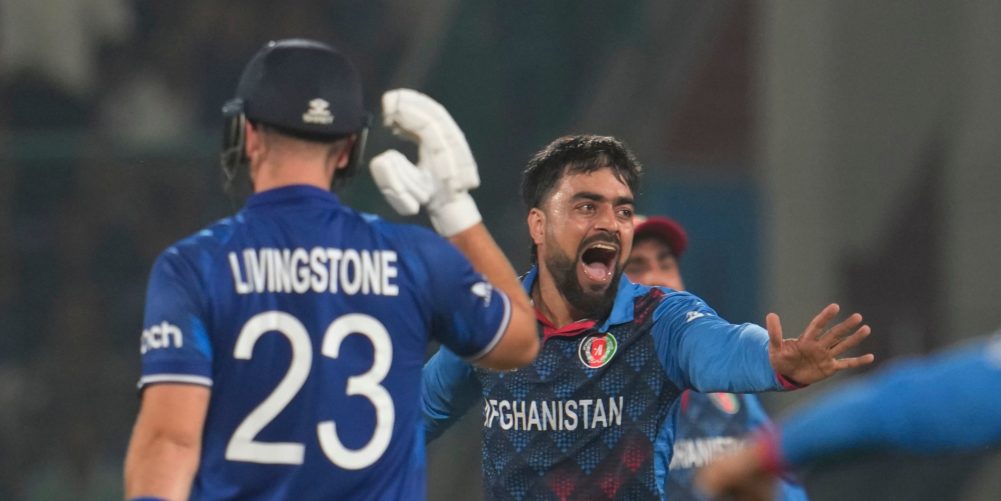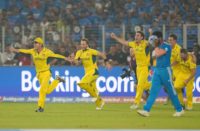It has been over three weeks since the start of the Cricket World Cup, and for England fans, the defense of their World Cup title has unfolded like a nightmare.
Jos Buttler’s squad finds itself facing elimination before the tournament has begun to heat up, a predicament that seemed unthinkable.
The tournament itself has not been without its share of controversies, with a noticeable number of empty seats, fans encountering ticketing challenges, and an abundance of lopsided matches.
Amidst this turmoil, Afghanistan and the Netherlands have shown that they are not mere bystanders. Their exceptional performances have ignited a conversation about the tournament’s structure that features only ten teams while cricket-loving nations like the West Indies, Ireland, Scotland, and Zimbabwe are left watching from the sidelines.
The World Cup has also witnessed stellar displays from cricket’s biggest stars, including David Warner, Virat Kohli, Shaheen Shah Afridi and Quinton De Kock, who have thrived on the grand stage and emerging talents like Rachin Ravindra and Gerald Coetzee who shown the world their enormous potential.
Matthew Luddington delves into some of the biggest talking points from the World Cup so far and offers a glimpse into the potential semi-final scenarios that promise to keep fans on the edge of their seats.
England’s Misery
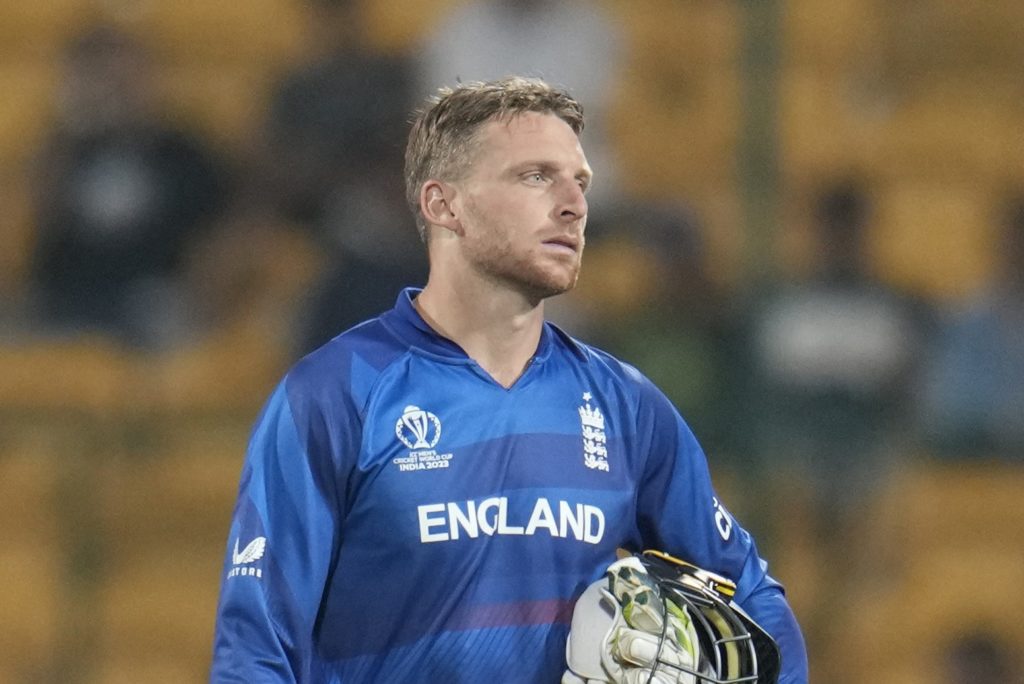
The reigning T20 and ODI World Champions face elimination after just six matches.
The debacle began when Devon Conway and Rachin Ravindra dismantled England’s bowling attack, crafting a mammoth 273-run partnership in Ahmedabad. Although a convincing victory against Bangladesh seemed to stabilise their situation, it was followed by a shock 69-run defeat to Afghanistan, their heaviest-ever ODI loss to South Africa by 229 runs, and another humiliating defeat at the hands of Sri Lanka, who chased down England’s feeble total of 156 in just 25.4 overs, with eight wickets in hand.
Having impressively limited India to 229/9 in their 50 overs on Sunday, there would have been hope England could finally stem the flow of negativity with a win against the then-unbeaten hosts. India remained unbeaten though, hammering England by three figures as the batting wilted to a dismal score of 129 all out.
England’s ‘Dads Army’ side, featuring players all aged over 30 in their match against Sri Lanka, appears past its prime. The issues plaguing the squad include confusion over selection, tactical shortcomings, questionable decision-making at the toss, a lack of ODI match practice, and an alarming loss of form across the team. This shambolic campaign could mark the end of an era.
Notable Upsets
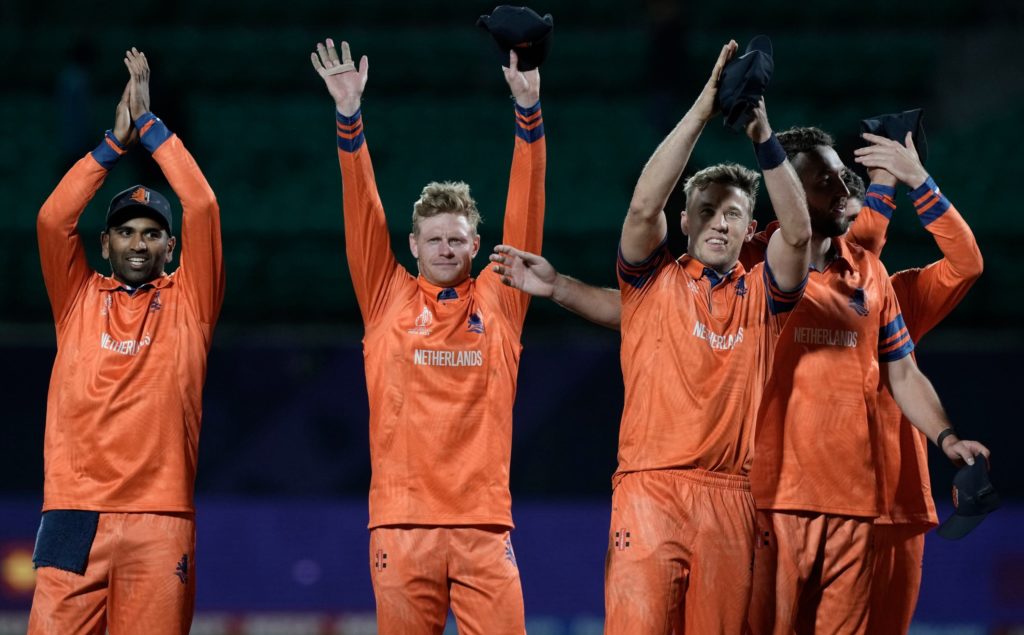
The tournament has witnessed some remarkable upsets, including the Netherlands securing their first World Cup victory since 2007 with a stunning triumph over high-flying South Africa in Dharamshala.
Scott Edwards’ brilliant 78 propelled the Dutch to 245-8 in a 43-over rain-reduced contest, and South Africa was bowled out for 207, resulting in a historic 38-run victory. The Netherlands have increasingly become a nemesis for South Africa, as they also eliminated them from the previous year’s T20 World Cup.
Afghanistan achieved their second-ever ODI World Cup victory by convincingly defeating England in Delhi. Young openers Rahmanullah Gurbaz and Ibrahim Zadran’s 114-run partnership set the stage for Afghanistan, as they reached 284. The spin trio of Mujeeb Ur Rahman, Rashid Khan, and Mohammad Nabi then wreaked havoc, taking eight wickets and reducing England to 215, sealing a 69-run win.
Afghanistan didn’t stop there as they convincingly beat arch-rivals Pakistan for the first time, in a win Jonathan Trott said it was a disservice to his team to label an upset.
Indeed, Afghanistan look capable of competing with anyone.
Future of ODI Format
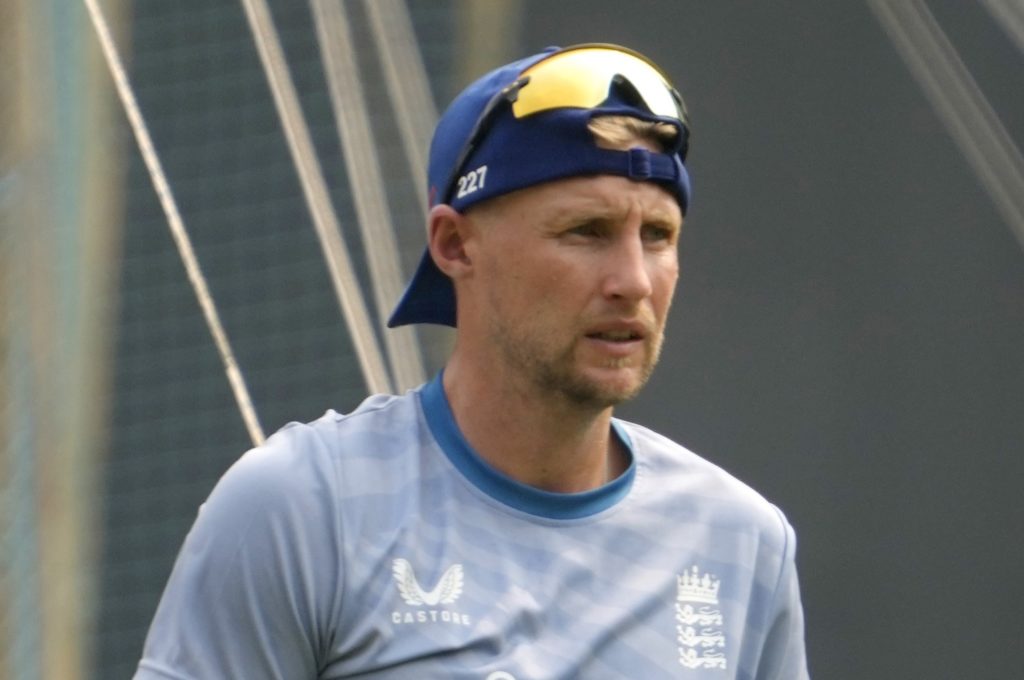
One notable issue during the World Cup has been the huge number of empty seats in matches not involving hosts India.
The last-minute organisation of the schedule in August and the delayed ticket sales, which began only six weeks before the tournament, have contributed to this problem. Online ticketing platforms have glitched, and fans have been forced to travel between cities to collect tickets.
Official attendance figures have been challenging to obtain, and fans from Pakistan have faced difficulties attending matches.
This situation contrasts starkly with the immensely popular IPL, which routinely fills stadiums and fan parks across India.
There has yet to be a close game after three weeks of the tournament and slow over rates have lengthened matches, leading to concerns about the ODI format’s future, with some believing it is gradually losing its appeal. The ICC plans to hold meetings in November to discuss the future of the format.
Notable Individual Performances
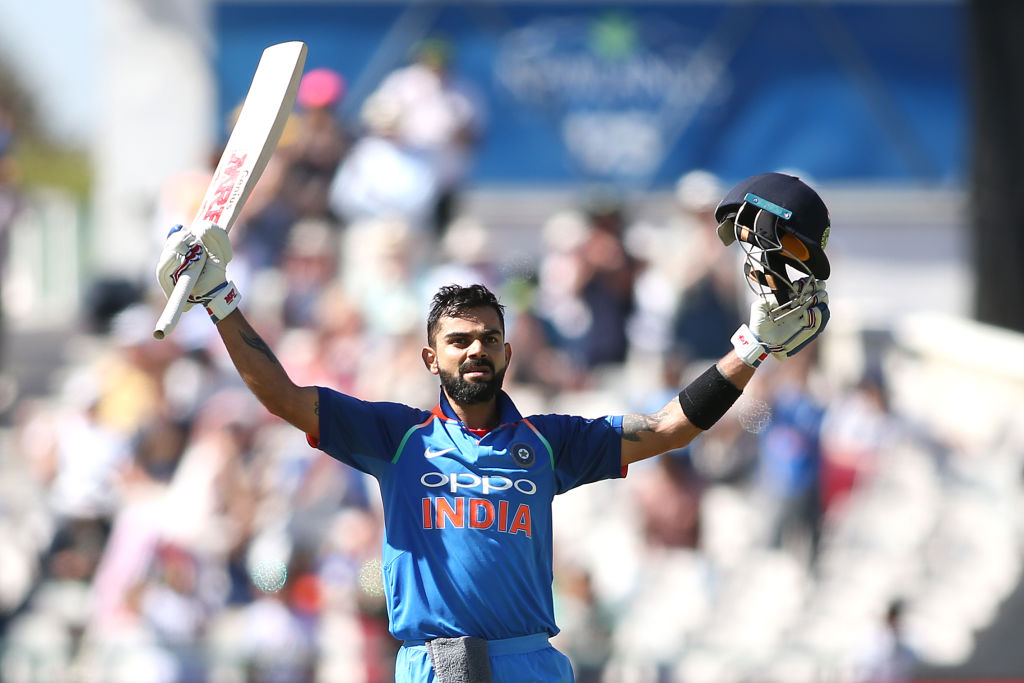
Several players have delivered outstanding performances during the World Cup.
Glenn Maxwell’s century in just 40 balls against the Netherlands, featuring eight sixes and nine fours, stands as the fastest ever hundred in Cricket World Cup history.
Quinton de Kock, who announced his intention to retire from ODIs before the tournament, is going out with a bang, hitting centuries against Sri Lanka, Australia, and Bangladesh, with his 174 against Bangladesh being the highest individual score in the tournament.
Virat Kohli has reaffirmed his reputation as a chase master, scoring 354 runs at an average of 118 in India’s successful chases, including a breathtaking unbeaten 103* against Bangladesh.
Among the bowlers, Mitchell Santner became the first New Zealand spinner to take a five-wicket haul at a World Cup with his 5-59 against The Netherlands.
Shaheen Shah Afridi took 5-54 against Australia, becoming the second Pakistan bowler to take a five-wicket haul at two World Cups, alongside his father-in-law Shahid Afridi.
Semi-Final Prospects
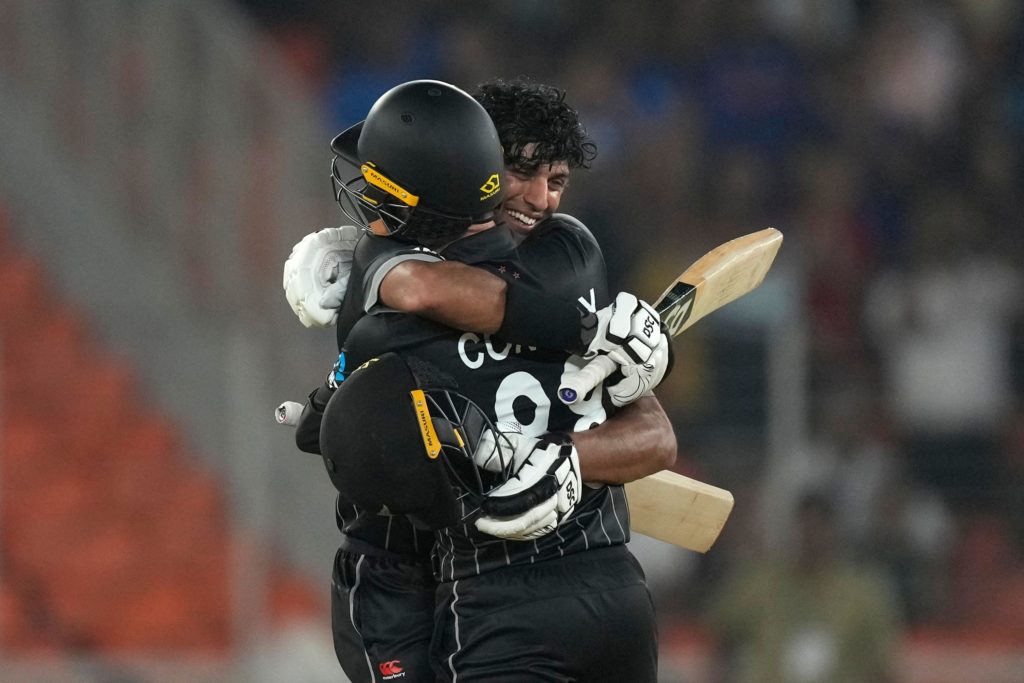
India, with a perfect record of five wins from five matches, are the best team in the tournament and are poised for a semi-final spot, however questions remain about their performance in knockout matches at major tournaments and the immense pressure of meeting the expectations of a nation with a population of 1.4 billion.
South Africa sit second with eight points, and has made an excellent start to the tournament with their batsmen in scintillating form and appear likely semi-final contenders.
Perennial overachievers New Zealand also has eight points, and looks well on their way to securing a fifth-consecutive World Cup semi-final slot.
The final semi-final place is still up for grabs, with Australia, Sri Lanka, Pakistan, and Afghanistan vying for it. Australia, despite a slow start, sit in fourth place with six points, while Sri Lanka, Pakistan, and Afghanistan are closely behind with four points each.
For exclusive stories and all the detailed cricket news you need, subscribe to The Cricket Paper website from as little as 14p a day.

